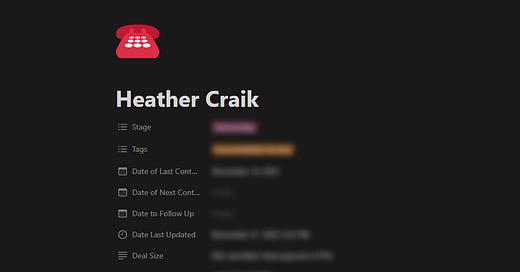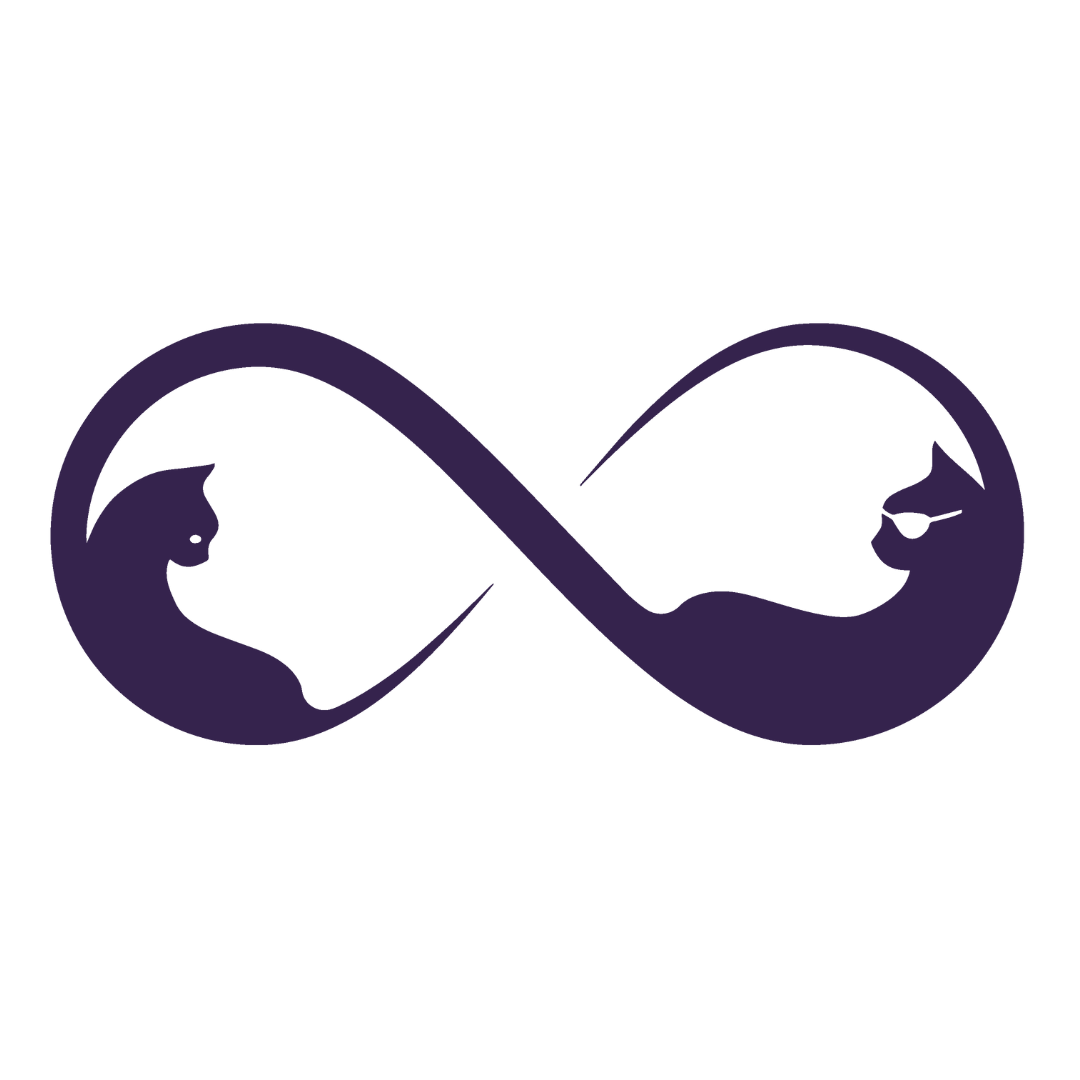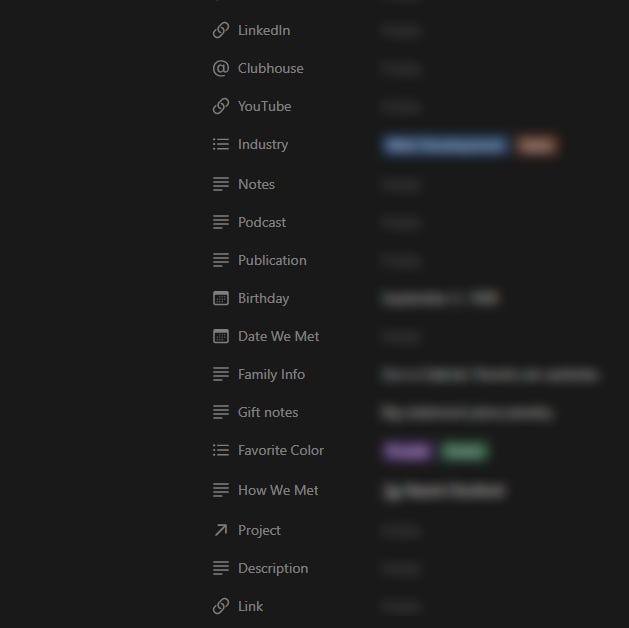I first published this piece last year.
A lot can happen in a year. I also created a whole media network.
And with the best of intentions, writing was one of the first things that fell by the wayside last year.
But, it’s a new year, with new toys, and new workflows (which I’ll talk about more later in this series). I also joined Ship 30 for 30 (aff) again, and this series popped up on my list of things to work on this time around.
At some point later this year, I’ll probably be transitioning all of my writing over to the Network, but I’ll be cross-posting a lot of things to Briarwood in the meantime.
So, to start, I’m resurfacing this series, with some new accommodations that I’ve developed or refined in the past year.
I hope you enjoy.
I get a lot of questions about creating personal accommodations.
That’s because when no one has ever accommodated your needs, sometimes it’s impossible to even know what to ask for.
So, this year, I’m going to be talking about how I create accommodations for myself—what causes me to need those accommodations, how to implement those accommodations, and what changes when I finally do what I need to do to support myself.
Spoiler alert: everything. Everything changes.
You’re welcome to steal any of my methods if they call to you.
This one is about coffee chats.
So, I like coffee chats, but I also secretly loathe and despise coffee chats. I like meeting new people, and I can’t stand the not knowing. What am I getting myself into when I get on a call?
Am I going to have to try and sell you something? Because I have a completely different workflow for this.
Are you going to try and sell me something? (Honestly, the likelihood of that seems high.)
Are we going to talk about the 80s horror movies that scarred us for life? Because there’s never enough of this.
So recently, with some help from my friend Grace Edison, I started writing myself a coffee chat agenda.
I have some opening remarks about how I want this call to go, and approximately how long I think the call will be. And that we're going to talk about work, but if we decide that one or the other of us needs to be sold to, we will set up a separate time for that.
I have a few scripts for wrapping up the call, including gathering important contact info, when I will be following up if necessary, and then I end by asking who I can introduce that person to, and who they might need to know. Because if you’re in my network, I’ll happily make the introduction.
I also have been working on a list of things that I can do and say if the call goes over, or past my personal limits, including knowing how to fake a Zoom failure. 😬
That’s because I have a really hard time respecting my OWN boundaries around a 30 minute call being a 30 minute call. I did this recently, and turned a 30 minute call into a 50 minute call. (You know who you are. Sorry.)
Finally, at the end of the call, I’ll spend five or ten minutes updating my contact card for you in Notion. Heather and I have been friends for almost 8 years at this point, so her card is mostly filled out.
In the main body of the card, I’ll embed Zoom recordings and Otter transcriptions, so that I can go back to them later.
I know for a lot of people this is overkill. I HEAR YOU.
And, I have the memory of an Apple2e. 🤷🏽♀️ I have contact cards for family members. It’s not that I don’t care. It’s that I’m autistic, and I don’t have the capacity. So I built myself a system that allows me to feel like I’m not missing stuff.
Even then, if I don’t have five minutes before a call, I may not remember anything we said to each other in our last conversation. That’s great for you if you like to tell the same stories over and over. I’ll have to hear it at least three times before I’ll say, “I feel like you’ve told me this one before.”
Did this take time to create? Yes. Am I profoundly grateful I have it? Absolutely.
Wanna get a glimpse of your contact card? Help me practice my coffee chat script? Hit reply, and we’ll get you the link.







